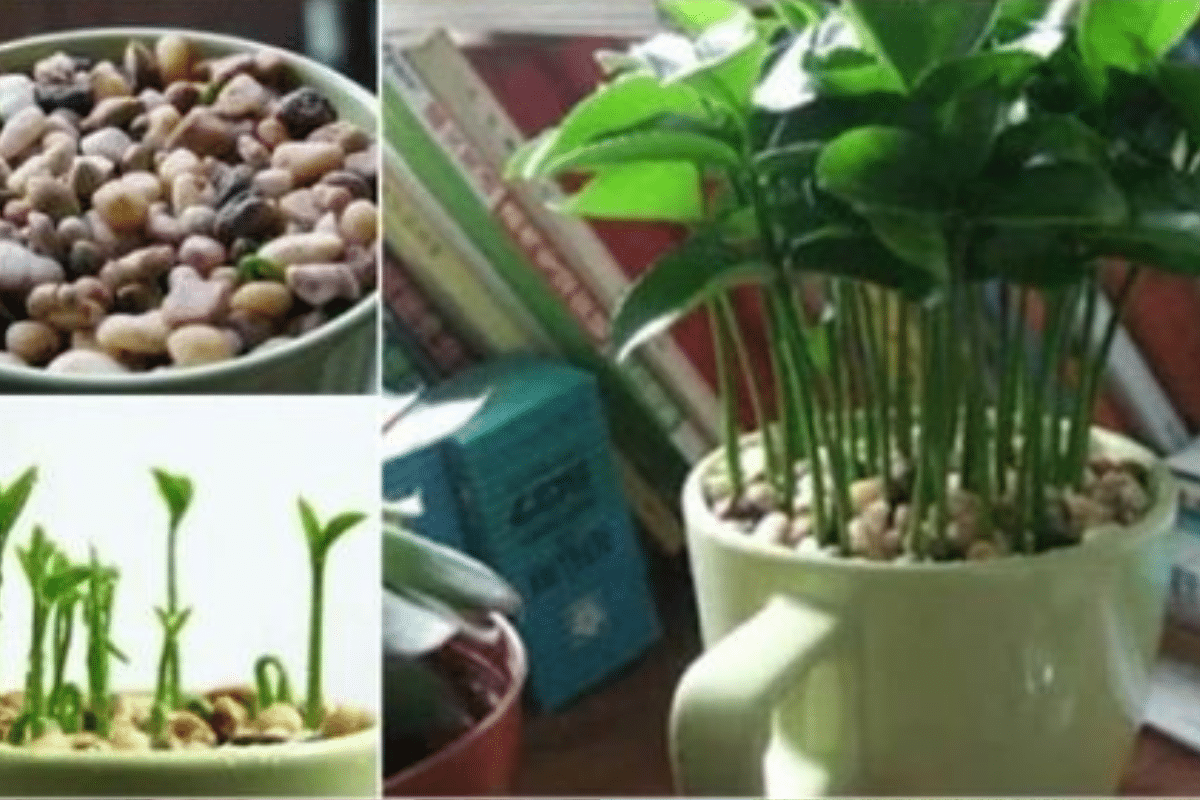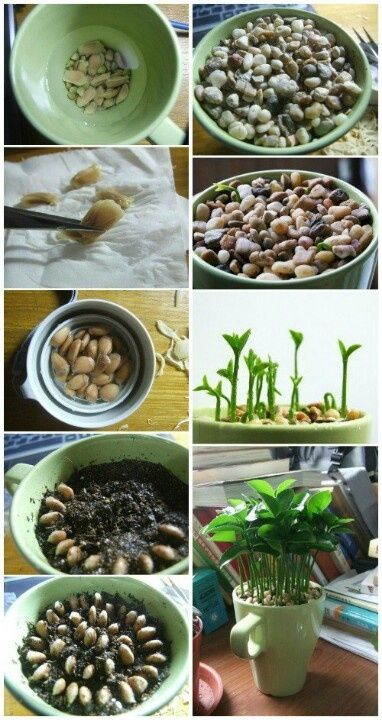Plant Lemon for a Naturally Fragrant Home

Growing a lemon tree indoors can bring the refreshing scent of citrus into your home. To successfully plant a lemon tree indoors, there are a few key tips to keep in mind.
First, ensure that your lemon tree receives a few hours of bright direct sunlight or bright filtered sunlight each day. It's important to avoid cold or hot drafts, so be sure to close any vents that may be blowing on the tree.
When it comes to watering, allow the soil to dry out slightly between waterings and water around the perimeter of the pot, rather than at the base of the plant. Misting the leaves can also help provide the right level of humidity.
Additionally, using a citrus/evergreen fertilizer when there are no blooms or fruit can promote new growth, blooms, and fruit. Finally, keep your lemon tree clean by dusting the leaves with a soft cloth, warm water, and Sunlight dish soap.
When the lemons are 2 3/4" to 3 3/4" long and bright yellow, they are ready to harvest and enjoy their fragrant aroma in your home.
Lemon-Scented Herbs for Your Garden
If you're looking to enhance your garden with lemon-scented herbs, there are several options to consider. Lemon balm, a perennial herb, is a lovely addition that grows up to 3 feet tall and graces your garden with pale yellow to white or pink flowers. This herb thrives in well-drained soil with a pH range of 5 to 7.5, making it important to maintain the right balance for optimal growth. Not only does lemon balm contribute to the overall beauty of your garden, but it also attracts pollinators, such as bees and butterflies, making it a valuable plant for ecological balance.

If you're seeking a versatile and tangy addition to your culinary creations, look no further than lemon basil. This annual herb adds a burst of citrus flavor to dishes and can be directly seeded or started indoors for an early start. Its vibrant green leaves and refreshing fragrance make it an attractive choice for both indoor and outdoor gardens.
Lemongrass, a tropical grass plant, is another fantastic option for your lemon-scented garden. This herb loves full sun, high humidity, and well-drained soil. Known for its robust lemony scent, lemongrass is not only an aromatic delight but also a versatile ingredient in many cuisines, including Asian and Caribbean. It can be used to infuse teas, soups, curries, and stir-fries with its distinct lemony essence.
For those who appreciate variety, lemon-scented geraniums offer a range of fragrances, including the invigorating scent of lemon. These geraniums are typically grown as annuals and come in various shapes and sizes, adding visual interest to your garden. Lemon-scented geraniums can be included in your garden beds or planted in containers for easy maintenance.
If you desire a low-growing, evergreen herb with a lemony twist, consider lemon thyme. With its tiny egg-shaped leaves and delicate pink flowers, lemon thyme adds a touch of elegance and fragrance to your garden. This sub-shrub is not only visually appealing but also impart a subtle lemon flavor to your culinary creations, ranging from sauces to roasted vegetables.
Last but not least, lemon verbena is a shrub native to Argentina that boasts an intense lemon scent and flavor. Its aromatic leaves can be used to make teas, infuse simple syrups, or add a zesty kick to baked goods. Lemon verbena is a versatile herb that brings a burst of refreshing lemon flavor to a wide range of dishes.
All of these lemon-scented herbs can be used to create invigorating and aromatic culinary masterpieces. From teas and salads to grilled vegetables, meats, fish, and even desserts, the addition of lemon-scented herbs adds a vibrant and citrusy touch to your recipes. Embrace the joy of growing your own lemon-scented herbs and elevate your culinary adventures to a whole new level.
